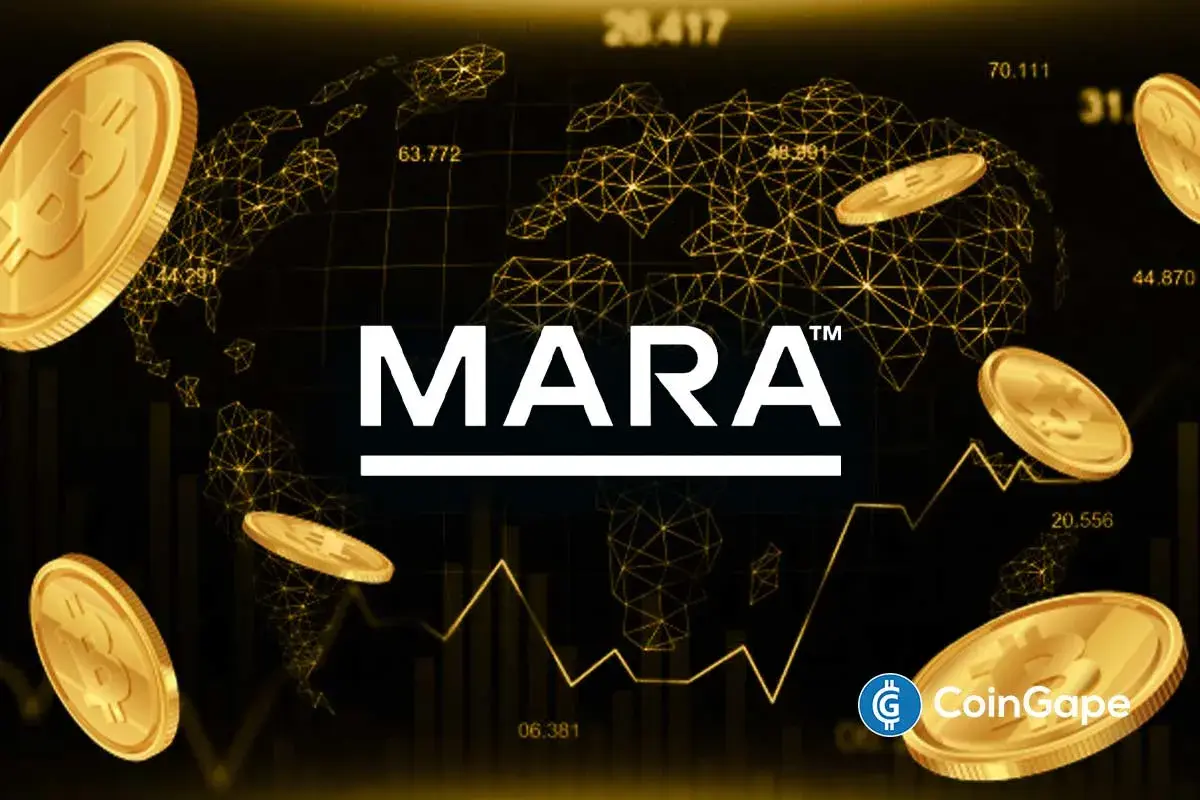Brazil To Soon Introduce Tax on Crypto Profits, Will This Impact Adoption?

New income tax rules approved by the Brazilian Senate may require Brazilians to pay up to a 15% tax on income from cryptocurrencies held on foreign exchanges.
The bill, having already passed in the Chamber of Deputies, is anticipated to be approved by President Luiz Inácio Lula da Silva, who initiated the income tax rule changes.
Brazil and Crypto Tax Rules
Effective January 1, 2024, the tax applies to any Brazilian earning over $1,200 (6,000 Brazilian reals) on foreign exchanges, aligning their tax rate with funds held domestically. Upon access, funds earned before this date will incur a tax rate of 8% for earnings accessed before December 31.
Note that this is the crypto profit derived by trading on foreign exchanges. This rule isn’t applicable to expats leaving in Brazil with no residency status.
Play 10,000+ Casino Games at BC Game with Ease
- Instant Deposits And Withdrawals
- Crypto Casino And Sports Betting
- Exclusive Bonuses And Rewards

- XRP News: Ripple Expands Payments Platform To Unify Fiat and Stablecoins Globally
- U.S.–Iran War: Bitcoin Price Extends Decline as Oil Prices Surge To Two-Year High
- Bitcoin Treasury Firm MARA Considers Selling BTC Reserves After Policy Update
- Cardano Founder Warns Over CLARITY Act, Cites Lack of Protection for DeFi, Stablecoins, Prediction Markets
- Core Scientific Sells 1,900 BTC as Bitcoin Miner Pivots to AI, CORZ Stock Dips
- RIOT Stock Prediction as Needham, Piper Sandler Slash Target After Earnings
- Cardano Price Outlook As Charles Hoskinson Warns Over CLARITY Act
- Circle Stock Price Climbs 15% to $96, Can Rally Continue in March 2026?
- Bitcoin Price Prediction as US-Iran War Enters 4th Consecutive Day
- Top 5 Historical Reasons Dogecoin Price Is Not Rising
- Pi Coin Price Prediction for March 2026 Amid Network Upgrade, KYC Boost, Rewards Distribution

 Buy $GGs
Buy $GGs

















